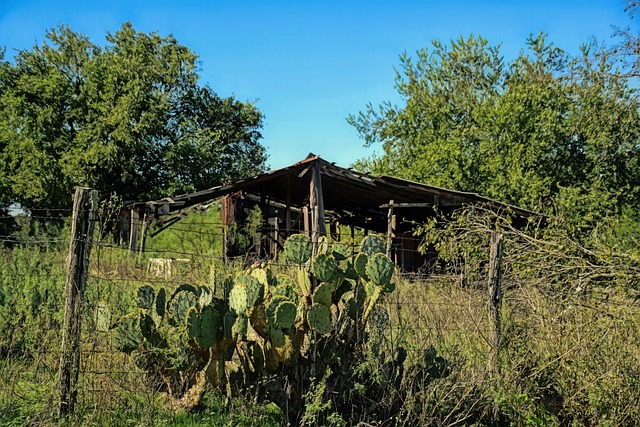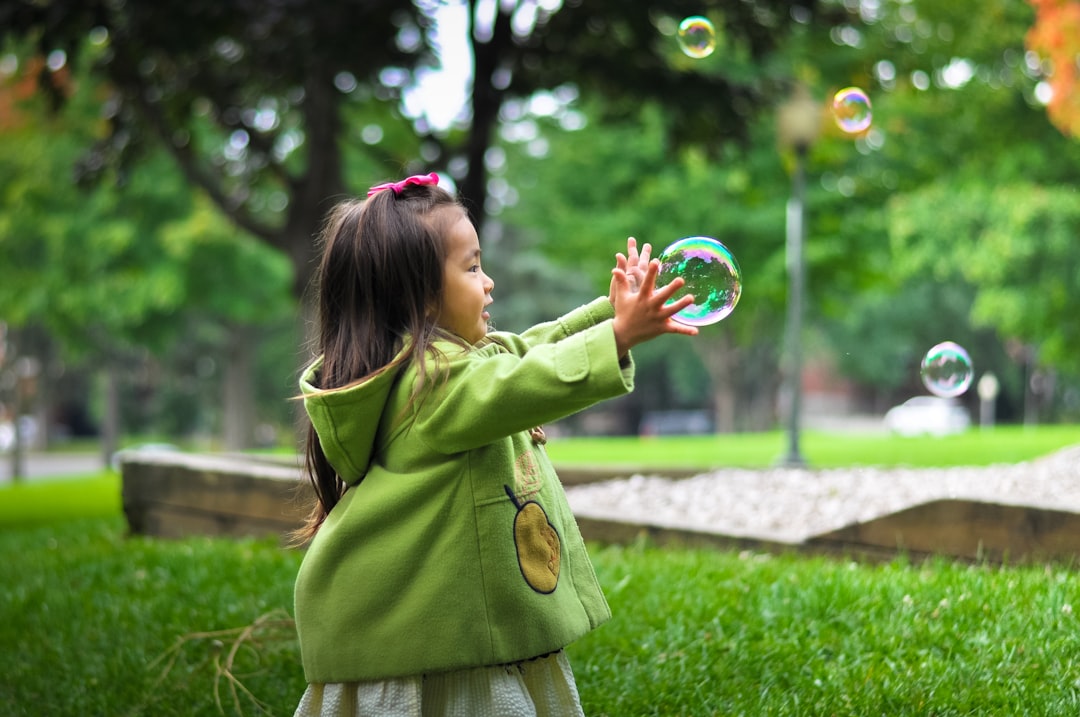Cultural barriers in Austin, Texas, significantly impact the reporting of child abuse due to language differences, privacy norms, and taboos. These challenges hinder identification and reporting, especially among immigrant populations fearful of deportation. Child abuse lawyers, attorneys, and law firms must be culturally sensitive, bridging legal systems with diverse communities' practices. They should educate communities about rights, facilitate safe disclosure, and support victims from various backgrounds to ensure justice and healing. Key considerations include understanding unique cultural perspectives within ethnic and religious groups regarding family dynamics and authority figures, as well as differing attitudes towards reporting child sexual assault.
In Austin, Texas, understanding cultural factors is crucial when addressing child abuse reporting. This city’s diverse population presents unique challenges in identifying and reporting instances of child maltreatment, often hindered by cultural beliefs and practices that may discourage disclosure. This article explores the intricate web of cultural barriers, legal considerations, and community initiatives that shape child abuse reporting dynamics. From the perspectives of legal professionals, social workers, and community leaders, we delve into strategies to improve reporting rates, ensuring sensitive handling of cases involving diverse families, and highlighting the critical role of cultural competency in child abuse law firms Austin TX.
Understanding Cultural Barriers to Reporting Child Abuse in Austin
In Austin, cultural barriers often impede the reporting of child abuse, creating complex challenges for authorities and legal professionals. Many communities within the city have unique cultural dynamics that can affect how incidents of child maltreatment are perceived and addressed. For instance, language differences might make it difficult for victims or witnesses to communicate with law enforcement or social services, leading to delays in reporting. Additionally, certain cultural norms may discourage open discussion about sensitive topics related to family life, sexual abuse, or domestic violence, further complicating the identification and reporting of child abuse cases.
The presence of diverse immigrant populations in Austin adds another layer of complexity. Fear of deportation or mistrust towards government agencies due to immigration policies can deter victims and their families from coming forward. Furthermore, cultural misunderstandings about legal rights and child protection systems may exist, hindering timely reporting. Child abuse lawyers and attorneys in Austin, TX, who are sensitive to these cultural nuances are better equipped to assist victims, offer legal counsel, and advocate for justice within the specific contexts of diverse communities across the city.
– Exploring the impact of cultural beliefs and practices on child abuse disclosure
In Austin, Texas, cultural factors significantly shape how and when child abuse is reported. The impact of cultural beliefs and practices on disclosure can be profound, influencing both the identification and reporting of abusive situations. For instance, some communities may have specific norms regarding family privacy and secrecy, which can deter individuals from revealing abuse out of concern for maintaining social harmony or avoiding shame. These cultural taboos might delay or prevent victims from seeking help, emphasizing the need for child abuse lawyers in Austin TX to educate communities about their rights and available resources.
Additionally, language barriers and differing interpretations of what constitutes abusive behavior across cultures can complicate reporting. Child abuse attorneys in Austin TX must be sensitive to these nuances, ensuring that legal assistance is accessible and tailored to diverse cultural backgrounds. By bridging the gap between legal systems and cultural practices, child abuse law firms in Austin TX play a crucial role in facilitating safe disclosure and supporting victims towards justice and healing.
– Case studies: How ethnic and religious backgrounds influence reporting behaviors
Cultural background plays a significant role in shaping how individuals perceive and respond to child abuse, which can influence reporting behaviors. Case studies have shown that certain ethnic and religious groups may have unique perspectives on family dynamics, privacy, and authority figures, all of which can affect their willingness to come forward with allegations of child abuse. For example, some cultures emphasize familial honor and privacy, leading to a reluctance to report incidents within the family unit. This is particularly relevant in Austin’s diverse communities, where many families may face complex cultural dilemmas when considering legal action.
When it comes to reporting child sexual assault, studies have revealed varying attitudes across different religious backgrounds. Some religious groups may hold strong beliefs against disclosing such matters due to teachings on confidentiality or fear of stigma. Conversely, other communities actively encourage the reporting of abuse as a necessary step towards healing and justice. Understanding these cultural nuances is crucial for child abuse lawyers in Austin TX, child abuse attorneys in Austin TX, and law firms specializing in this area, as they navigate the complex landscape of diverse families and their unique perspectives on child protection.






